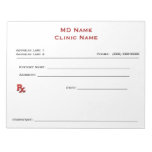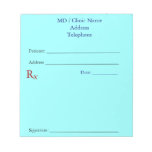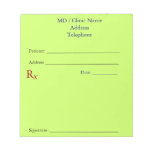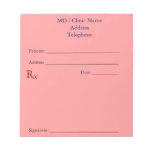To the credit of the health system, they sent me almost all the information I could want: 95 pages of it.
When I plopped that pile of papers on my desk, it took me back to my third year of medical school during my medicine rotation. That was before EHRs, and every admission required a careful review of the patient’s entire medical record. Those were the days when an echocardiogram result might be buried between a Pap smear and refill request. Since there was an attending physician, senior resident, junior resident, intern, fourth-year medical student, and third-year medical student all on the case, it was less likely that we would all miss a relevant piece of information. For those not part of a teaching program, it was usually the primary care doctor who was admitting and following the patient during a hospital stay, so the patients were often already known well.
Today in clinic I saw a patient who I was concerned was in atrial fibrillation. I asked her daughter if her mom had ever been in atrial fibrillation. The daughter told me it didn’t sound familiar. Back in the day, I would’ve poured over a thick file of medical information (or multiple volumes) looking at all the EKGs to see if it had ever been diagnosed. Now, I just enter “atrial fibrillation” into the search bar and the entire record is scanned in an instant. It’s good we have that type of electronic system because medicine is complex in a way today that it wasn’t when I was a medical student. Part of the complexity is the very presence of an EHR in which the quantity of information is exactly what makes finding the right information so difficult. Part of it is that a faceless colleague across town admitted, cared for, and discharged my patient. It is so much easier, in many ways, to provide good care when you are providing the full spectrum of care. And a final part is that what is missing is what I really need – that three-minute conversation in the doctor’s lounge that summarizes my patient’s clinical situation in a way that no amount of paper or electronic pieces of data ever could.
For my recently discharged patient, I requested a social worker to see her at home. The number listed in our system had been disconnected, so they reached out to me to find out if I had another number. Ah-ha! I had 95 pages of information. Surely, the number would be easy to find. And, the phone number was easy to find on page 3.
Unfortunately, it was the same number we had and was still disconnected. This is how I often feel when facing the EHR – so many pieces of information and still I can’t find the one piece of data I actually need.




No comments:
Post a Comment